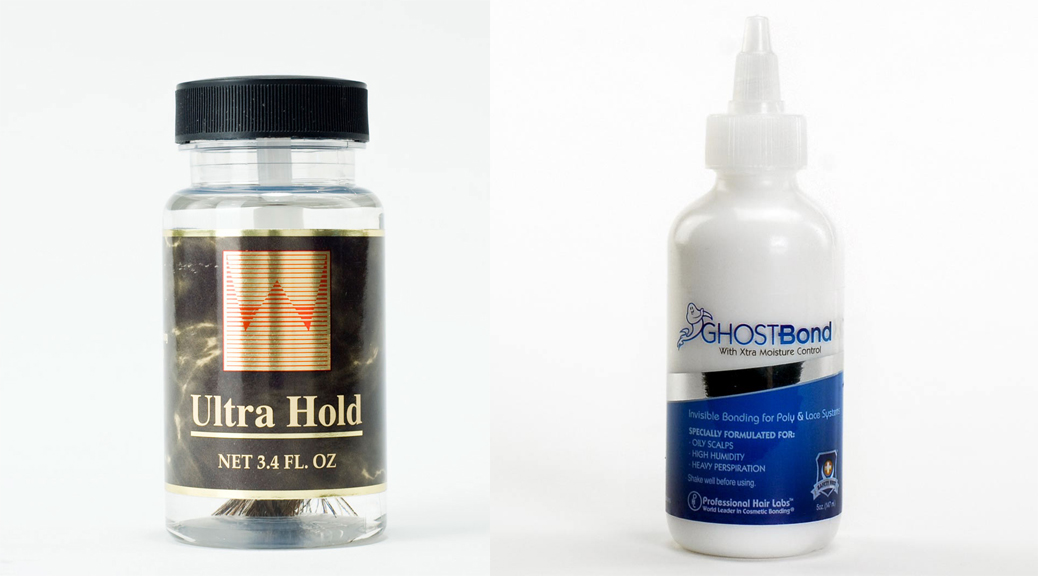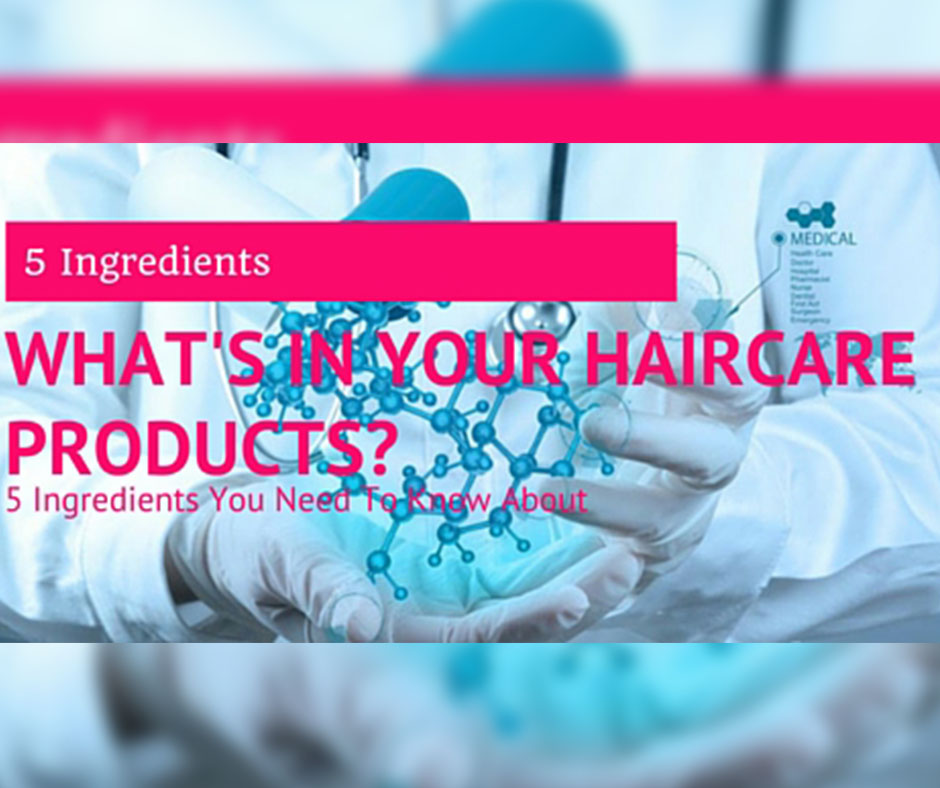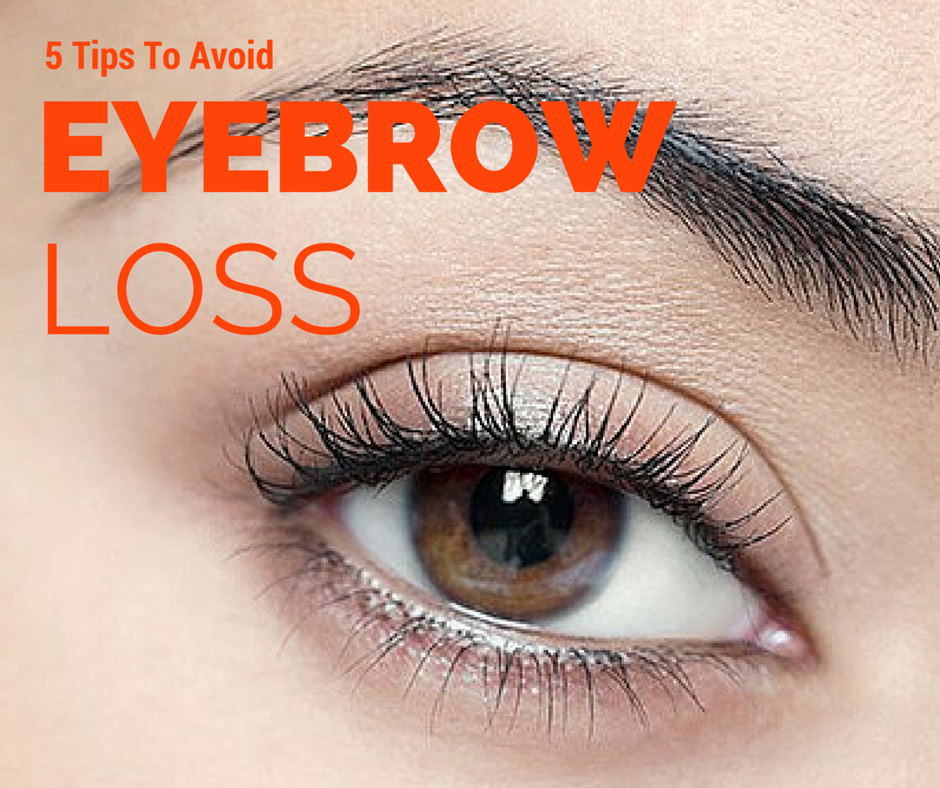Water Based Skin Adhesive
vs
Solvent Based Skin Adhesive
Common Use For Adhesive
Health care professionals often require the use of retention bandaging or adhesive systems. Adhesives are used extensively in dressing wounds. They help in keeping the dressing in place. These adhesive systems may be tapes and bandages or even be an integral part of the dressings.
Bandages are the most common and widely known form of wound dressing adhesive which we use whenever we incur scratches or bruises which are not very serious. But adhesives are used to treat serious injuries too. They help to heal wounds and keep the skin together and allow it to recuperate and regenerate.
Some types of adhesives dissolve whereas others need to be ripped off. Ripping a wound dressing can result in tissue trauma if the adhesive used is aggressive in nature. Sometimes it is extremely traumatic for the patient and can cause pain, delay the healing process of the wound, extend the wound and aggravate it. This is from where the idiom ‘ripping the band aid’ comes from.
Depending upon their contact with the skin and the wound dressings are classified as:
- Adherent
- Low Adherent and
- Non Adherent
An adherent adhesive is the one which adheres to any type of wound. Example of an adherent dressing is a cotton gauze bandage. A low adherent dressing has a wound contact design in order to reduce adherence. A non adherent dressing covers the wound in a layer of gel and does not come into direct contact with it. There is another type of dressing which is more recent. It is called an Atraumatic dressing. This dressing is designed in such a way that it does not cause and trauma to the wound on application as well as on removal.
The skin of every patient is different, therefore the effect of an adhesive is also different on different skin types. So an appropriate choice should be made. It can react differently to an oily or a dry skin.
Types of Adhesives
Adhesives are of many types. They have myriad applications in a lot of industries. However they can be classified as adhesives belonging to two major types, regardless of industry use:
- Solvent Based Adhesive
- Water Based Adhesive
Water based adhesives are relatively new within the hair replacement industry. They have been developed chiefly as an alternative for solvent based adhesives citing their environmental and health hazards. They are soluble in water. They are more sensitive on the skin and are also safe to store.
The solvent based adhesives have a harmful effect on the environment as well as the health of people. But the durability and strength that they offer has no match. They also dry faster than the water based adhesives.
However the kind of ingredients these solvents are made of cause several mild to severe problems. The ingredients mainly used in solvent based adhesives are toluene, hexane, xylene and other such carbon compounds. Below, we will outline to possible effects of using Solvent based adhesives on your skin.
Effects Of Toluene
Toluene can cause tiredness, confusion, loss of appetite, and many such health problems when a person is exposed to it. It is also known to induce a state of euphoria and cause a person to behave as if they are drunk. It may also cause nausea and drowsiness. However once the exposure stops these symptoms slowly disappear too. But a prolonged exposure can cause unconsciousness.
It is a skin irritant. It causes itching. The intensity depends upon the skin types and exposure. It causes swelling and redness in the skin. Chronic exposure can lead to Dermatitis. Toluene can be absorbed through the skin. It has harmful effects on the nervous system too.
Effects of Hexane
Hexane is highly flammable. The vapours released from hexane could be explosive. One should be extremely careful while storing and using hexane. It is rarely used in health care but is very popular as a solvent. It evaporates quickly and once in the air it reacts with oxygen and breaks down.
Hexane can be inhaled through the air we breathe, if the air is contaminated. Small amounts of hexane are present even in cooking oils. It can enter our body through the water we drink or through contact with the skin. Once it enters our blood stream it breaks down due to the enzymes in our liver.
One of these broken down products may cause mild to severe health issues. Over exposure and prolonged exposure can have far reaching and severe effects on our nervous system.
Effects of Xylene
Xylene is used in dentistry. It is very useful for dental procedures. It is used for tissue processing staining and cover slipping. Xylene is also used in endodontic retreatment as a gutta-percha solvent.
Xylene is also highly flammable. It takes a little longer to dry. It has to be stored with extreme care. It is a confined space hazard. It can be explosive. If inhaled or swallowed it can be fatal. It causes severe irritation if it comes in contact with the skin or the eyes.
It causes redness, dryness and swelling in the skin. It causes the skin to crack. The effects can be mild to severe depending on different skin types. However exposure should be avoided.
Xylene causes nausea, drowsiness, headache and confusion. It may cause unconsciousness if the person is exposed to higher amounts for a prolonged period.
Xylene can cause soil contamination as well as contamination of the water bodies if it leaks. However it easily evaporates in the air and due to exposure to sunlight it breaks down into other chemical particulates. These chemicals are less harmful.
Individuals have different reactions to Xylene exposure. Xylene has adverse effects on the nervous system. It is known to cause depression too. If inhaled it causes shortness of breath and chest pains. At high levels of exposure, it can cause damage to the kidney and liver functions. These damages are nearly irrevocable and irreversible.
Due to all these reasons water based adhesives are becoming more popular. It has a lot of benefits from the environmental and safety point of view. However they cannot be used as a direct replacement to solvent based adhesives… just yet.
The field of medical water based adhesives requires a lot more development and research. They have high heat retention capacity. This is also the reason it takes a longer time to dry.
A little more research and development can ensure that the water based adhesives can someday in the future totally replace the solvent based adhesives and help make the environment safer.













